
We talk a lot about sugar on this website (namely, how much we despise added sugars in processed foods…) and this month we’re bringing you a deep dive into artificial sweeteners. Food manufacturers have begun adding (more) artificial sweeteners to more products in the last two decades — and thus it’s really no surprise that artificial sweetener consumption has also increased dramatically in the United States in recent years across all age groups: scientists have documented a 200% increase in consumption among children and a 54% increase among adults. (Yikes!)
There’s still A LOT to learn about these synthetic food additives, but we’ve dug in to report back on everything you need to know — in this piece we’ll cover: what artificial sweeteners are; how they differ from “regular” sugar; what we know about how artificial sweeteners affect the body; and what nutrition experts recommend about artificial sweetener consumption.
What Is an Artificial Sweetener?
There are two broad categories of sweeteners: natural and synthetically produced. The latter of these are artificial sweeteners. There are several different types of artificial sweeteners (in the US there are six artificial sweeteners that are FDA-approved as food additives), and they can be either nutritive — containing calories — or non-nutritive — calorie-free. At this point, artificial sweeteners are so pervasive in the food industry that they are included in nearly every pastry, sweet, baked good, and the like, as well as virtually all pharmaceuticals.
Generally speaking, artificial sweeteners are all A LOT sweeter than sucrose (table sugar) — meaning that they have an incredibly high degree of sweetness compared to “regular” sugar. You can run through the breakdown below for details on all six artificial sweeteners used in the US, or skip ahead for more on sweeteners as a group.

FDA-Approved Artificial Sweeteners
The FDA regulates artificial sweeteners as food additives; these substances are required to go through mandatory FDA review and approval before being used in foods. (For more information on these additives, you can read here, and for more on FDA regulation and product labeling, see this article.)
- Saccharin — the oldest artificial sweetener; 300 times sweeter than table sugar; contained in many soft drinks, fruit drinks, gum, baked goods, and canned fruits
- Sucralose — aka Splenda; *the most commonly used artificial sweetener worldwide; roughly 600 times sweeter than sucrose; calorie-free (non-nutritive); contained in many diet drinks, tabletop sweeteners, baked goods, frozen desserts, juices, gum, and dairy
- Aspartame — contains calories (though, because of aspartame’s intense sweetness, we consume so little the calories are considered negligible); 200 times sweeter than table sugar; contained in tabletop sweeteners, chewing gum, instant coffee, puddings, and soft drinks
- Advantame — non-caloric artificial sweetener; 100 times sweeter than aspartame^ and 20,000 times sweeter than table sugar (yes, you read that right); used frequently as a flavor enhancer in dairy, fruit, citrus, and mint; also often an ingredient added to milk products, frozen dairy, beverages, and gum
- Acesulfame-potassium (sometimes listed as acesulfame-k) — 200 times sweeter than table sugar; used in many tabletop sweeteners, sodas, frozen desserts, bakery products, candies, chewing gum, dairy, syrups, soups, and sauces
- Neotame — a non-calorie sweetener; 7,000-13,000 times sweeter than sugar (GAH!); ingredient in beverages, baked goods, gelatines, chewing gum, and jams/jellies
*Note that many products contain two or more artificial sweeteners — in fact, this is a very common strategy manufacturers use to minimize potential undesirable effects from any one given artificial sweetener (such as a bitter/unpleasant aftertaste) and enhance a product’s overall sweetness and performance on the market.
Truly — it can be VERY challenging to find products that don’t contain added sweeteners (or sugars)... especially if you are a busy parent. Amara organic baby foods and toddler snacks are all produced using a patented nutrition protection technology that preserves all the good stuff (tastes, textures, and nutrients) without fundamentally altering foods’ natural structure and properties.
 And Amara is just as committed to leaving OUT the unnecessary stuff: none of Amara’s products contain added sugars, added sweeteners (or any additives), preservatives, or binding agents. It’s all natural, all the way.
And Amara is just as committed to leaving OUT the unnecessary stuff: none of Amara’s products contain added sugars, added sweeteners (or any additives), preservatives, or binding agents. It’s all natural, all the way.
There are two important things to highlight before we dive into how artificial sweeteners affect the body:
- From a nutritional perspective, artificial sweeteners have completely different properties than sugar — they are more intensely sweet, deliver a longer-lasting sweet flavor, coat the teeth, and also often leave an unpleasant aftertaste.
- Our bodies metabolize artificial sweeteners differently than sugar — and they metabolize each artificial sweetener differently. Plus (and we’ll expand on this briefly), every individual body is different, and therefore metabolizes each artificial sweetener uniquely.
BTW — if you’re looking for information about how SUGAR influences children’s growth and development, check out our deep dive into sugar and the developing brain.
How Artificial Sweeteners Affect the Body
Scientists first synthesized artificial sweeteners in the late 1800s, which may seem like quite a while ago, but in the span of the human history of eating (thousands of years), this is a very recent addition to the human diet.
As such, there is still A LOT we don’t know about how artificial sweeteners influence health — and even among experts who study these substances, there are numerous ongoing debates about the relative safety and place of artificial sweeteners in the human diet. No matter where you’re sitting, it’s a controversial topic.
There was a good deal of initial excitement about the promise of artificial sweeteners as a healthy addition to the diet, and it’s worth reviewing the claims:
In the first place — and this remains a major sticking point — many presumed that artificial sweeteners, given their low/no calories and different structural properties — would be preferable to sugar in the diet. The idea was that by using far less of the ingredient (artificial sweetener to replace table sugar), you could achieve similar or even greater sweetness in a food, thus subjecting the consumer to fewer calories and less sugar. Hopeful health professionals speculated that by swapping out sugar for an artificial sweetener, we could reduce rates of both obesity and diabetes in the United States (more on how this has played out shortly…). Food manufacturers, meanwhile, rejoiced in the availability of artificial sweeteners because they really streamlined the production process, both enhancing flavor (making food products taste sweeter) and improving shelf stability.
In reality, these benefits have not materialized as expected. (At least, not clearly, anyway…)
Today, nutrition scientists have more questions than answers as to the effects of artificial sweeteners on the body. For one thing, these substances are incredibly difficult to study. Almost every research project investigating how artificial sweeteners influence the body are short-term, and are therefore limited in what they can tell us about long-term effects. They’re mainlyalso conducted among animals, and the results don’t necessarily translate to humans. Furthermore, as previously mentioned, every artificial sweetener is metabolized differently in every human body — so it’s impossible for scientists to draw universal conclusions about these synthetic food additives as a group (IOW, what’s true for aspartame may not be true for sucralose or saccharin, and vice versa). Plus, given that foods so often contain multiple artificial sweeteners, it’s hard to isolate any given one (and let’s not even get started on the issues with ingredient labeling…).
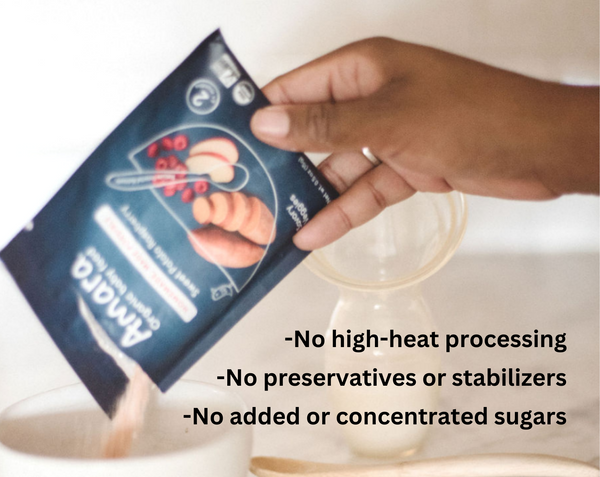
Artificial Sweeteners and Pregnancy/Lactation
There isn’t any super definitive evidence here, but based on a handful of studies and what we know about how flavors and nutritive properties cross into amniotic fluid and breast milk, babies can be exposed to artificial sweeteners:
- Some studies indicate that babies born to mothers who consumed artificially sweetened beverages during pregnancy were born with visibly altered microbiome compositions and higher BMIs compared to babies born to mothers who did not consume artificially sweetened beverages.
-
Artificial sweeteners can be detected in human milk — in theory, it’s possible that breastfed babies may be exposed to artificial sweeteners in this way.
Researchers have also identified more nuanced areas of interest based on recent findings:
- How do artificial sweeteners influence glucose (in)tolerance?
- How do artificial sweeteners influence the gut microbiome?
- How do artificial sweeteners influence eating behaviors and hunger?
Let’s take a closer look…
How do artificial sweeteners influence glucose (in)tolerance?
At this point, most experts agree that replacing sugar with artificial sweeteners does not help to manage body weight (if anything, many studies indicate the opposite: that higher consumption of artificial sweeteners is linked with weight gain), and they also agree that artificial sweeteners may influence glucose absorption and insulin secretion.
How do artificial sweeteners influence the gut microbiome?
The jury is still out on this one, folks (if it’s tough to study the effects of artificial sweeteners generally, it’s even more tough to study their effects on the microbiome…), but scientists have discovered evidence that consuming artificial sweeteners may negatively impact the gut microbiome (specifically, by altering its composition and function).

How do artificial sweeteners influence eating behaviors and hunger?
Recent research indicates that consuming artificial sweeteners may affect appetite and hunger. One project documented that consuming artificial sweeteners caused increased cravings for sweet foods and led to greater consumption of sugary foods. The reasoning here is twofold (now things are getting really interesting!):
1. Eating foods sweetened with artificial sweeteners may acculturate our taste buds to sweeter foods — and this may be especially true among young children — with the result that we are driven to consume ever-increasingly sweeter foods. Some researchers even speculate that consuming artificial sweeteners could lead to an “insensitivity to sweetness.” Since we are all programmed, from an evolutionary perspective, to desire sweet-tasting foods, this can really have an impact.
2. Because artificial sweeteners contain either no calories or virtually no calories, our bodies can get confused. Here’s what happens: when we eat something (sweet), our taste receptors send reward signals to the brain and body telling them we are satisfied/satiated; but when we consume foods sweetened with artificial sweeteners, the body’s satiety signals are weaker. In short, when we eat foods that are sweetened with artificial sweeteners rather than actual sugar, and thus contain far fewer calories, our bodies don’t receive the same reward signals as we would with a more calorie-dense version of the food. (This is also the same premise and problem behind the “low-fat” craze: when we eat fat-free yogurt, for example, vs. whole-milk yogurt, our bodies don’t receive the same satiety signals, and we are thus prompted to eat again after a shorter interval.)
On a related note^^, some researchers also believe that artificial sweeteners may influence our energy balance and metabolism: when we eat something and detect a sweet flavor, our bodies assume that we are consuming sugar — which is calorically dense — and essentially expect an influx of calories. But when we consume sweet foods that in fact do not contain those calories, our bodies — and potentially our metabolic functioning — are thrown out of whack.
The TL:DR on how artificial sweeteners affect the body:
- Consuming artificial sweeteners may lead to lower levels of satiety, greater food consumption, and weight gain;
- Artificial sweeteners may alter the gut microbiome by suppressing “good” bacteria and instigating inflammation;
- Consuming artificial sweeteners may lead to a stronger preference for sweet(er) foods; and
- Artificial sweeteners may impact glucose tolerance.
So… What Do Nutritionists Advise Regarding Artificial Sweeteners?
It can be *really confusing to sort out professional advice about artificial sweeteners — especially because there is no consensus on whether they are “better” or “worse” than traditional sugar. (And at the risk of being repetitive, again, it’s very difficult to say in any given individual because the effects are incredibly subjective.)
That said, our in-house nutrition science PhD says it’s best to avoid artificial sweeteners as much as you can. this: given the lack of research into their long-term effects and the potential negative effects they can produce in the shorter-term, Obviously, this can sometimes be difficult; if you do choose to incorporate foods with artificial sweeteners or artificial sweeteners themselves into your diet, it’s best to consume artificial sweeteners carefully and in smaller/limited quantities.
There is no reason why anyone — regardless of age or circumstance — needs to consume sugar or artificial sweeteners.
Here’s the best advice from the experts:
- If you are pregnant or breastfeeding, avoid artificial sweeteners as much as possible *there is no reason why anyone, including infants and children, need to consume sugar or AS
- Avoid products and beverages with artificial sweeteners as much as possible. These substances are hiding in SO many processed foods and food products, it can be really difficult to keep track — especially because manufacturers are only required to list an artificial sweetener as an ingredient, not disclose how much of it any given product contains. *One tell-tale sign that a product likely contains artificial sweeteners is that it’s labeled as “diet,” “reduced sugar,” or even “sugar free.”
“It is the wild west in the grocery aisle when it comes to sugar substitutes labeling, with confused consumers kept in the dark or left guessing about what artificial sweeteners are in the foods they buy and eat.” ~ P. Courtney Gaine, PhD, RD
- Don’t add artificial sweeteners to any dishes you prepare for your child
As a parent and a consumer, it can be incredibly frustrating to navigate the baby food aisle, where nearly everything contains added sweeteners or sugar (or other unnecessary ingredients).
Amara organic baby foods and toddler snacks leave all that cr@p at the door — every product is made using the freshest, whole-foods ingredients and NO additives of any kind (ever!). Amara’s unique nutrient protection technology ensures that every product contains the same nutrients, flavors, and textures as real food. It’s like homemade food without all the fuss, from a company that’s as committed to changing the food landscape in this country as you are. SHOP NOW.
Article researched by:
Amara's Chief Nutritionist: Sonia A. Schiess, PhD in Nutrition, specialized in the introduction of solids and liquids to infants. Sonia's passion started when she was studying nutrition and dietetics in university, completing a post degree in Human Nutrition. Later on, she completed her PhD as a nutritionist, with a focus on introducing food in the first year of a baby's life. Her wide experience gives her a unique perspective, drawing from her time in clinics, hospitals, independent consulting and university research. She's authored several papers including "Introduction of complementary feeding"; "Introduction of potentially allergenic foods in the infant's diet during the first year of life" and "Intake of energy providing liquids during the first year of life" in five European countries. The combination of Sonia's science and our chef's magic ensures every Amara product is not only optimized for your baby's health but is delicious as well.
References:
Baker-Smith CM et al., The Use of Nonnutritive Sweeteners in Children. Pediatrics 2019
Gardener HE et al., Artificial sweeteners, real risks. Stroke 2019
Iizuka K, Is the Use of Artificial Sweeteners Beneficial for Patients with Diabetes Mellitus? The Advantages and Disadvantages of Artificial Sweeteners. Nutrients 2022
More TA et al., Artificial Sweeteners and their Health Implications: A Review. Biosci., Biotech. Res. Asia 2021
Pang MD et al., The Impact of Artificial Sweeteners on Body Weight Control and Glucose Homeostasis. Frontiers of Nutrition 2022
Plaza-Diaz J et al., Plausible Biological Interactions of Low- and Non-Calorie Sweeteners with the Intestinal Microbiota: An Update of Recent Studies. Nutrients 2020
Richardson IL & Frese SA, Non-nutritive sweeteners and their impacts on the gut microbiome and host physiology. Frontiers of Nutrition 2022
Ridson S et al., Sucralose and Cardiometabolic Health: Current Understanding from Receptors to Clinical Investigations. Advances in Nutrition 2021
Stampe S et al., Artificial Sweeteners in Breast Milk: A Clinical Investigation with a Kinetic Perspective. Nutrients 2022

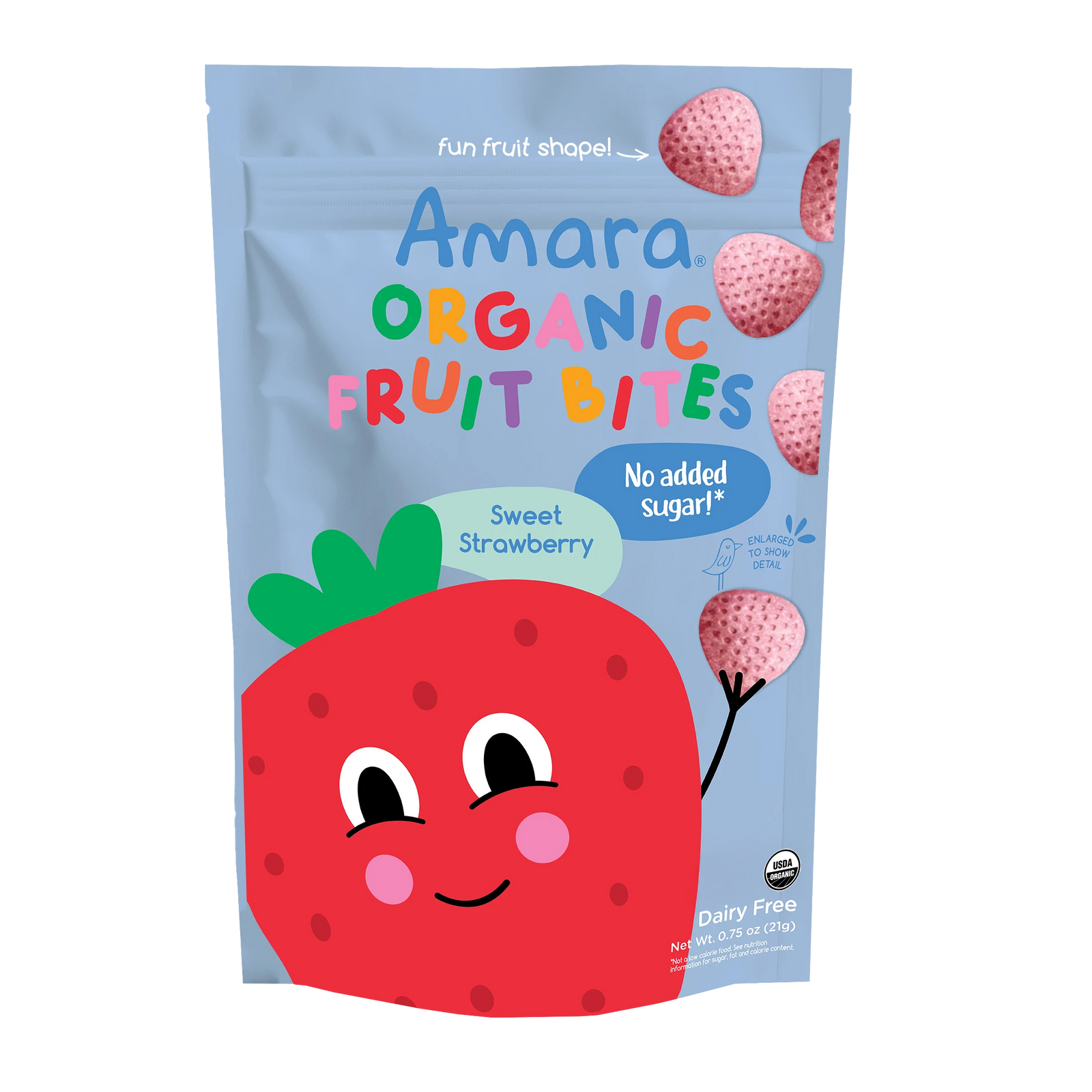




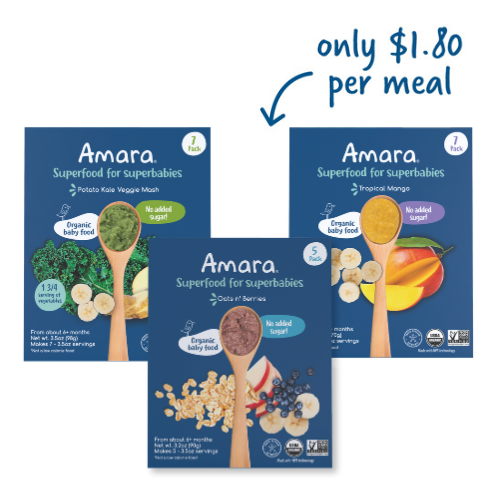
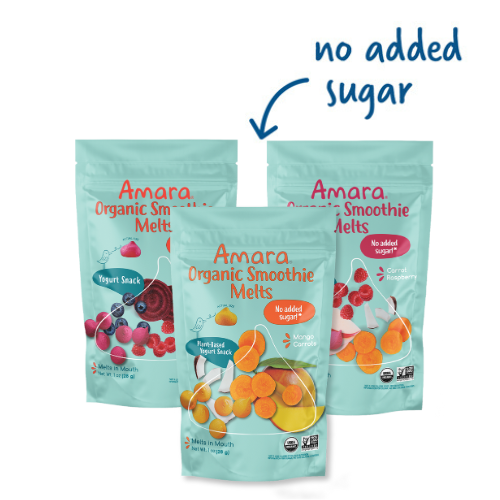
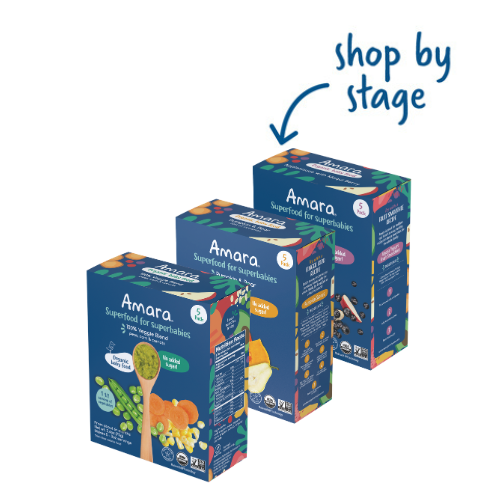
Leave A Comment